As Bangladesh prepares for its long-anticipated graduation from the Least Developed Country (LDC) category in 2026, a new era of economic strategy is coming into focus. The transition, while a recognition of significant social and economic progress, comes with the loss of preferential trade benefits that have long supported the country’s exports.
The pressing question is: Can Bangladesh remain competitive in its key Western markets-particularly the European Union and the United States-once duty-free access fades?
Graduation: A shift from privilege to pressure
For years, Bangladesh’s exports especially readymade garments (RMG) have benefited from trade preferences under frameworks like the EU’s “Everything But Arms” (EBA) initiative and other GSP (Generalized System of Preferences) arrangements, to enter the EU and US either duty-free or at reduced tariffs.
Post-2026, this advantage will start to phase out. The consequence? Bangladeshi goods may face standard tariffs, challenging their price competitiveness in already tough global markets. For a county where the RMF sector alone employs over four million workers-most of them woment the stakes are high.
The EU pathway: GSP+ and governance
The European Union has outlined a potential route through the GSP+ scheme — reduced tariffs for countries that ratify and effectively implement 27 core international conventions on human rights, labour rights, environmental protection, and good governance.
Bangladesh has made important strides. It is a global leader in green garment factories and has initiated key labour law reforms. However, the EU has raised concerns over freedom of association, trade union rights, and environmental compliance. To qualify for GSP+, Bangladesh must demonstrate ongoing, credible progress.
This is not merely a compliance issue — it’s a diplomatic test. The government, industry leaders, and civil society must jointly make the case that Bangladesh is a long-term, responsible trade partner. Engagement must go beyond paperwork; Brussels wants evidence of meaningful enforcement.
The US equation: Opportunity amid uncertainty
The United States presents a tougher terrain. Bangladesh has not enjoyed preferential access for garments to the US market, even before the 2013 suspension of its broader GSP privileges following the Rana Plaza disaster. RMG products — which form the core of Bangladesh’s export earnings — were never included in the US GSP.
Today, Bangladesh pays some of the highest average tariffs (around 15.6%) among major apparel suppliers to the US. Although GSP renewal remains stalled in the US Congress, shifting geopolitical tensions — especially the move away from China — have made Bangladesh a strategic sourcing alternative for many American buyers.
This presents a window of opportunity. The task now is to go beyond transactional trade and build long-term credibility through workplace safety, labour compliance, and ethical production standards.
To improve market access, Bangladesh must actively engage with US trade officials, leverage its role in the Indo-Pacific economy, and collaborate with allies like the EU and Japan who share similar concerns about sustainability and labour standards. Washington may be slow to act legislatively, but industry perception and buyer trust can still tilt the scale.
Lessons from peers: Vietnam’s transition playbook
Bangladesh need not chart this path in isolation. Vietnam, after concluding multiple trade agreements including the EU–Vietnam Free Trade Agreement (EVFTA), demonstrated how compliance with labour standards, transparent governance, and export diversification can unlock Western markets post-LDC status. It invested in logistics infrastructure and digital certification to meet EU traceability requirements — moves that significantly boosted its value-added textile exports.
In contrast, Sri Lanka’s temporary loss of GSP+ benefits in 2010 due to rights violations showed the steep cost of non-compliance. While it later regained access, the episode is a reminder that maintaining trade privileges requires sustained reform and diplomatic engagement.
Strategic imperatives: Securing the future
- Fast-track GSP+ readiness: The timeline is short. Meeting EU conditions on labour rights and governance reforms must be a top national priority.
- Strengthen trade diplomacy: Dhaka needs high-level diplomatic engagement in Brussels and Washington to reinforce reform credentials and push for transitional support mechanisms.
- Broaden the export base: Bangladesh must reduce its overreliance on garments and explore sectors like IT, pharmaceuticals, jute-based products, and light engineering.
- Move up the value chain: Competing on price alone is no longer sustainable. Emphasizing quality, sustainability, and ethical standards will align Bangladesh with the evolving expectations of Western buyers and consumers. Initiatives like traceability in the supply chain and digitized logistics can strengthen market position.
- Build institutional capacity: From customs modernization to export facilitation, structural reforms will determine how smoothly businesses can adapt to post-LDC realities. Agencies like the Export Promotion Bureau, labor directorates, and Bangladesh missions abroad must be empowered and accountable.
Turning point or setback?
LDC graduation marks a proud achievement, but it also introduces a high stakes challenge. Without sustained access to key markets, the gains of the last two decades- including employment for millions in the RMG sector-could face disruption.
What happens next will depend on the speed and sincerity of reforms, the effectiveness of economic diplomacy, and the country’s ability to embrace a new narrative: one of responsibility, resilience, and reinvention.
Bangladesh’s growth story is not over-but to write the next chapter, it must secure its place in the global trading system not as a beneficiary, but as a competitive, compliant, and credible partner.
-----
Author: Md Kamruzzaman, widely known as Babu Kamruzzaman, is an award-winning business journalist and Special Correspondent at News24 Television. He specializes in economic governance, development finance, and global policy dialogue. Kamruzzaman has reported from multiple IMF and World Bank Annual Meetings, as well as the WTO Ministerial Conference, and contributes regularly to prominent international policy platforms.
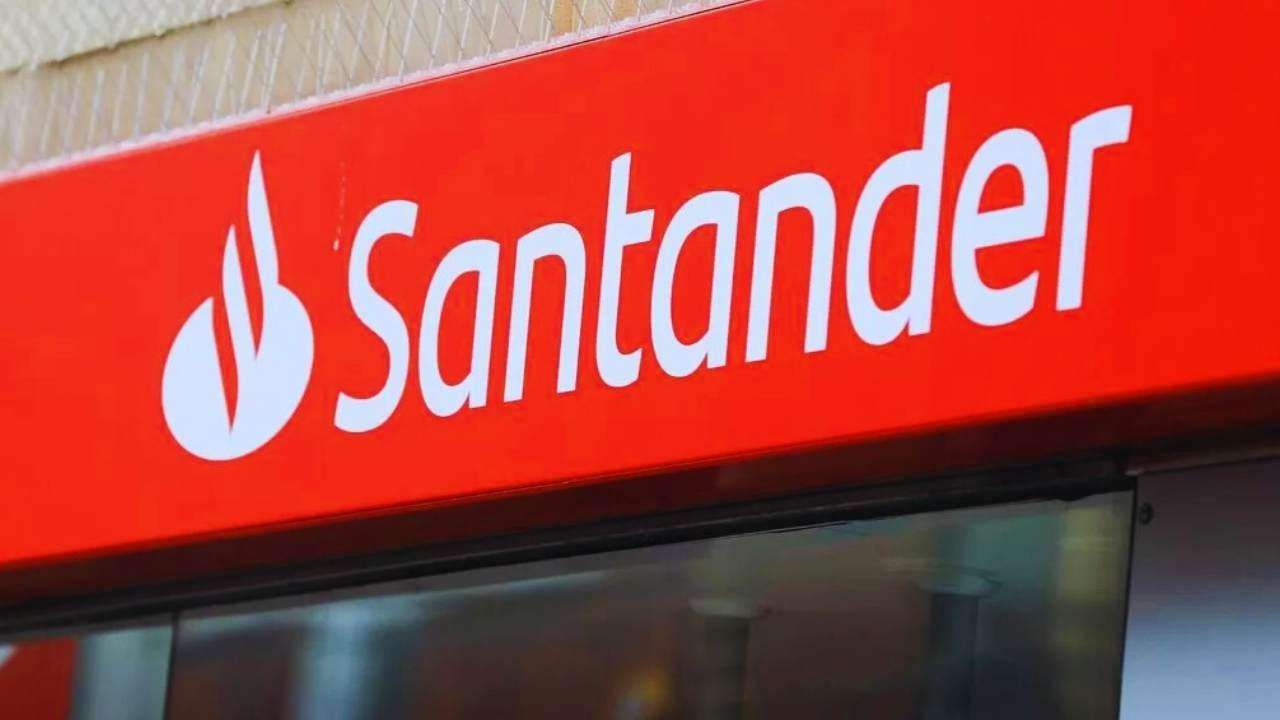
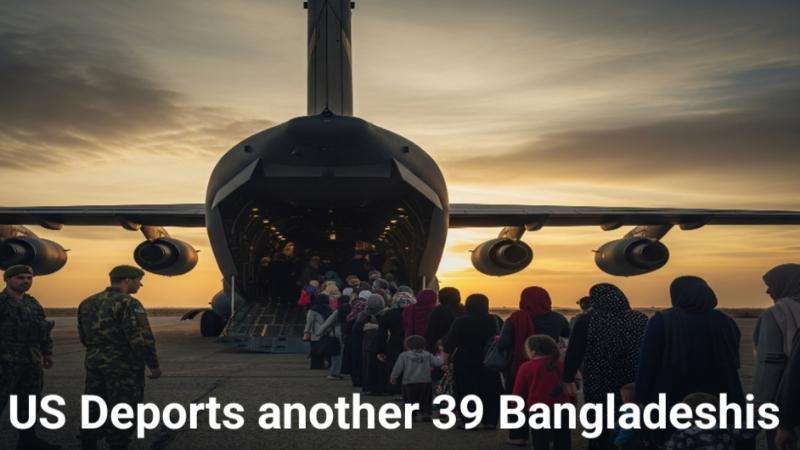

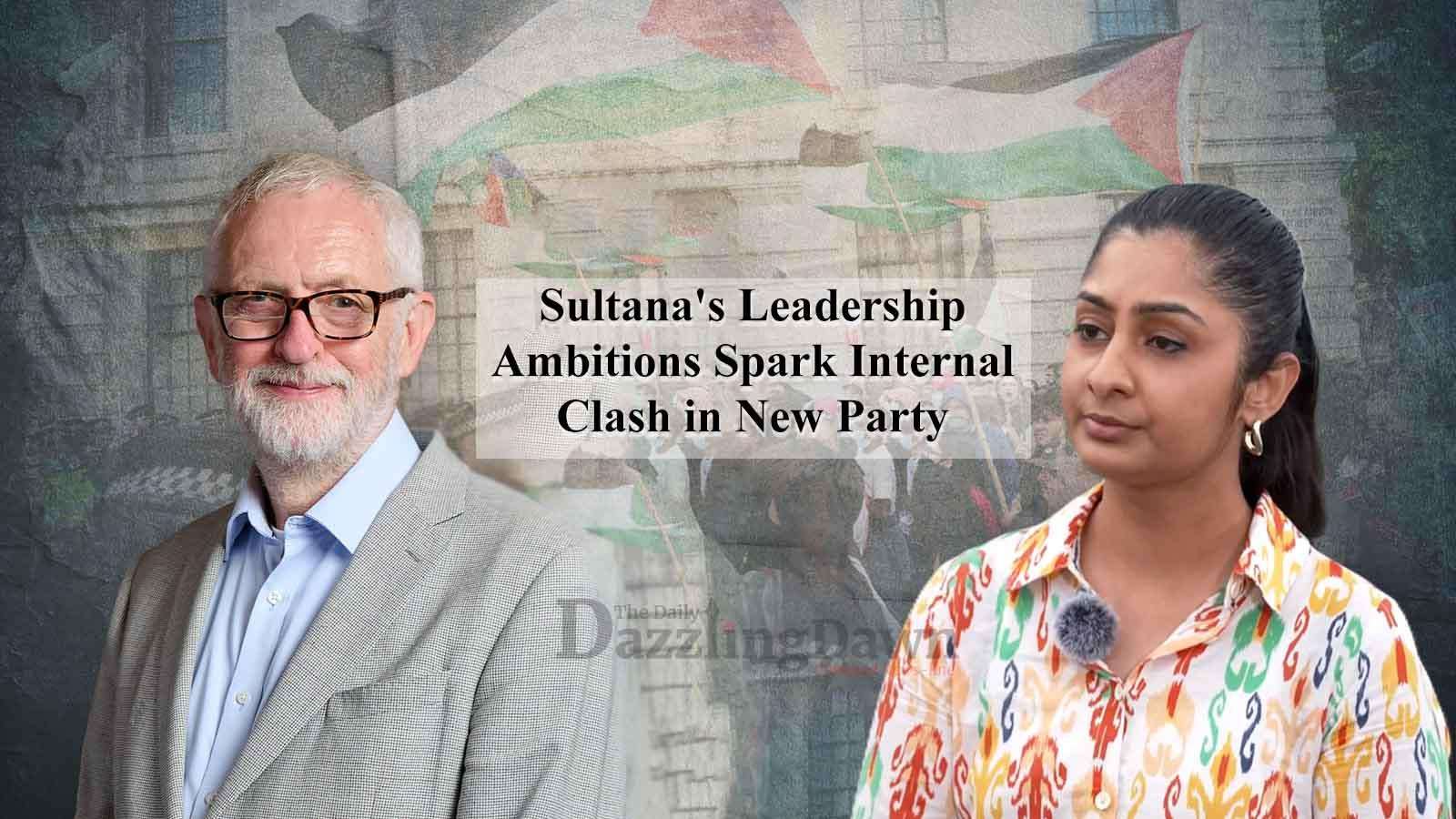
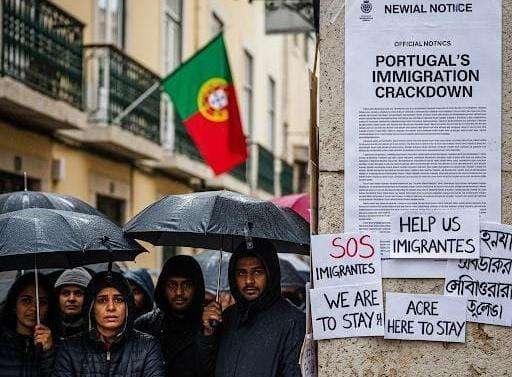


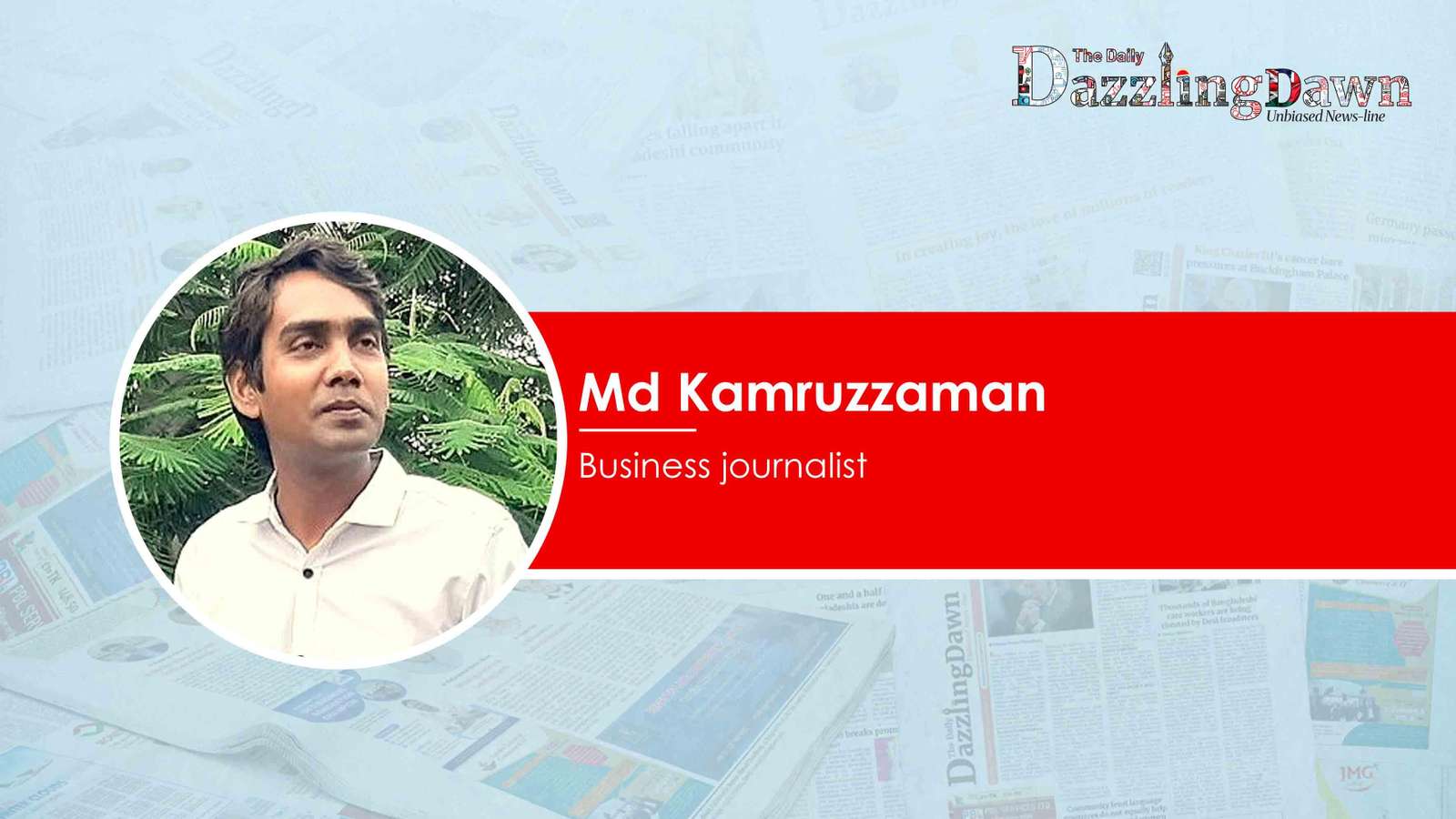
.svg)
